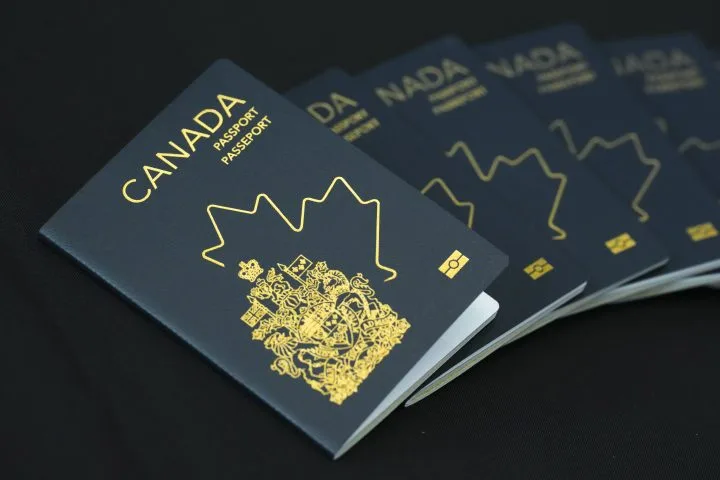Ontario Premier Doug Ford has announced plans for an early election, citing the need to counter what he calls an economic “attack” from former U.S. President Donald Trump, as a potential trade war looms between Canada and the United States.
Ford’s decision has drawn sharp criticism from opposition parties, who accused the premier of using the election as a “distraction” from an ongoing criminal investigation into his government’s handling of a controversial multibillion-dollar land swap.
On Friday, Ford, 60, ended months of speculation by declaring his intention to meet with the province’s lieutenant governor next week to dissolve his government and call an election scheduled for February 27. The premier aims to secure a third consecutive majority government for his Progressive Conservatives, following decisive victories in 2018 and 2022. Ford has set his sights on achieving what he described as “the largest mandate in Ontario’s history.”
Ontario, Canada’s most populous province and home to a C$1.1 trillion economy, is especially vulnerable to the potential fallout of a proposed 25% tariff on all Canadian imports, which Trump has threatened to impose on February 1. The province’s manufacturing sector would bear the brunt of such measures.
“This attack is coming against our families, our businesses, and our communities. With a strong mandate, we will be able to fight Donald Trump,” Ford told reporters. He criticized what he called a “lack of leadership at the federal level,” referencing uncertainty in Ottawa following the recent resignation of Prime Minister Justin Trudeau.
Ford has taken a prominent stance against the proposed tariffs, frequently appearing on U.S. television to voice opposition. He has suggested retaliatory measures, including cutting off electricity exports to the U.S. and banning U.S. alcohol products, signaling a hardline approach that sets him apart from other Canadian conservative leaders.
Political observers believe the timing of the election is strategic. “If the tariffs come into effect, the economic impact on Ontario could be severe. Any retaliatory measures would also cause economic pain, and voters often hold governments accountable for bad economic conditions, even if they aren’t directly responsible,” said Randy Besco, a political science professor at the University of Toronto. “By calling an election now, Ford can capitalize on current support before economic challenges escalate.”
Despite Ford’s focus on tariffs, his opponents argue the election is more about deflecting attention from controversies surrounding his government. In October 2023, the RCMP launched a criminal investigation into the government’s decision to open protected greenbelt lands for construction, a move that has sparked public outcry and led to several high-profile resignations.
Ontario Liberal leader Bonnie Crombie condemned Ford’s decision, accusing him of “choosing recklessness over responsibility.” In a social media video, she said, “[Ford is] answering chaos by creating more chaos at a time when we need stability and certainty. This election shows us that the only job he’s interested in protecting is his own.”
The New Democratic Party leader echoed similar sentiments, describing the election as a tactic to divert attention from the ongoing investigation. “Ford is trying to distract from the RCMP’s criminal investigation into his government,” they said.
While opposition parties remain critical, they currently trail far behind Ford’s Progressive Conservatives in the polls, making it likely that Ford’s gamble will pay off.
“All the reasons Ford wants an election are exactly the reasons opposition parties don’t want one,” said Besco.



